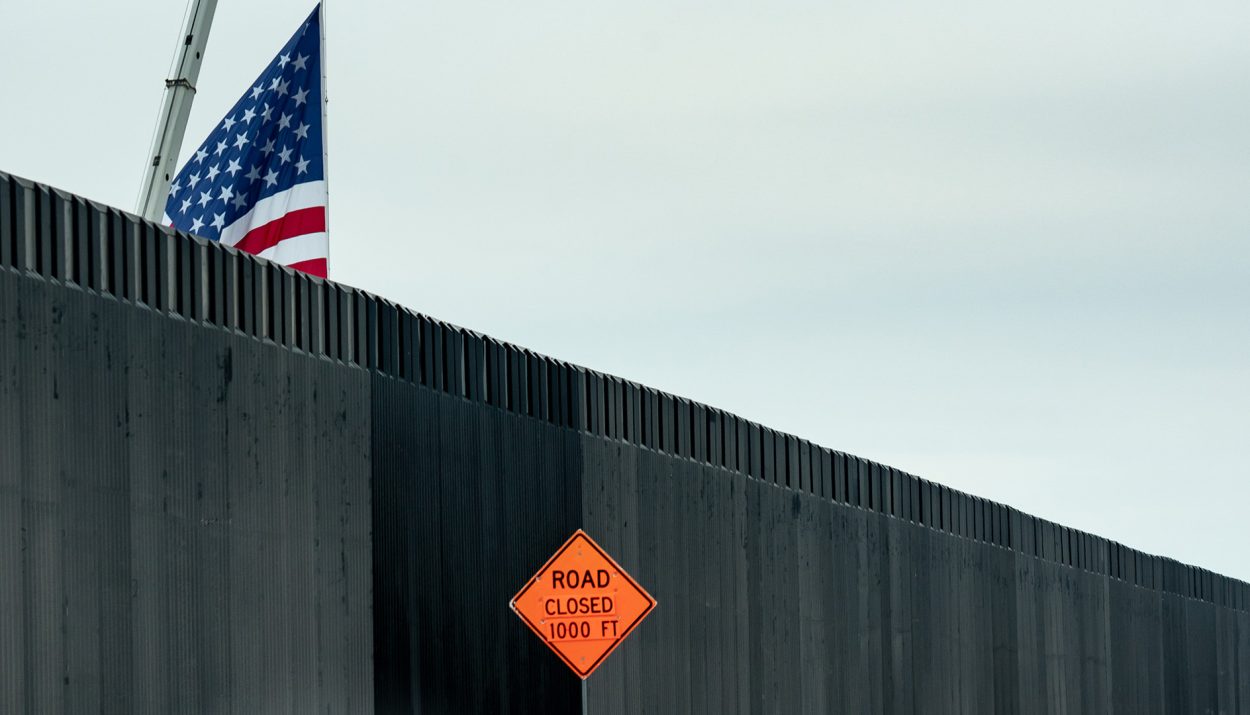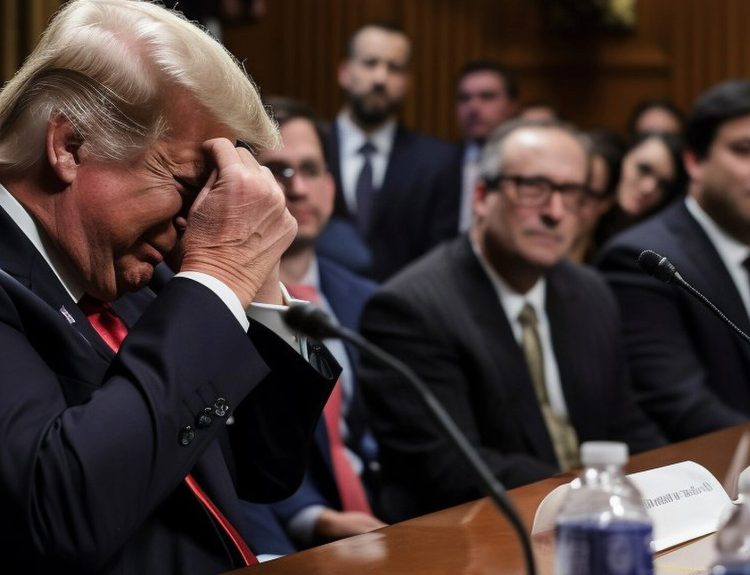Gov. Greg Abbott isn’t giving up on his immigration law, which would allow law enforcement officers to arrest people on suspicion of illegal entry into the United States. Meanwhile, the Biden Administration is doing everything it can to thwart the new law – and the feds are currently winning that battle. Here’s a recap of everything that has happened.
November 2023: Lawmakers Pass Senate Bill 4
Senate Bill 4, also known as SB4, is an immigration law passed by Texas lawmakers in Nov. 2023. It’s a direct response to the crisis unfolding at the US-Mexico border, which is a result of President Joe Biden’s ‘open door’ policy – allowing migrants into the country at a rapid rate.

As mentioned above, the law gives police officers the right to arrest someone if they have reason to believe they crossed the border illegally. Once arrested, the migrant can either face prosecution and face jail time in the United States or agree to return to Mexico.
December 18: Greg Abbott Signs SB4 Into Law
Texas Gov. Greg Abbott signed SB4 into law on December 18. At the time, Abbott blamed ‘Biden’s deliberate inaction’ for forcing ‘Texas to fend for itself.’ The bill is the Lone Star State’s way of maintaining border integrity and ensuring Texas residents are safe.

Abbott signed two other laws into effect that day – Senate Bill 3 and a second Senate Bill 4. SB3 gave Texas more than $1.5 billion to fund barrier construction along the border, while the second SB4 increased the minimum sentence for smuggling immigrants or operating a stash house from two years to 10 years.
December 19: ACLU Files Lawsuit Challenging SB4
It didn’t take long for civil rights organizations to step in and challenge SB4. In fact, it only took the American Civil Liberties Union, the ACLU of Texas, and the Texas Civil Rights Project (TCRP) one day to file a lawsuit against the ‘unconstitutional law.’

“We’re using every tool at our disposal, including litigation, to stop this egregious law from going into effect,” said Anand Balakrishnan, senior staff attorney at the ACLU’s Immigrants’ Rights Project. He added that the bill aims to ‘deny people the right to due process.’
January 12: Judge Granted Injunction To Block SB4
SB4 was set to take effect on March 5, but the courts had an opportunity to block it – and they did. On February 29, two months after the lawsuit was filed, Judge David Ezra of the U.S. District Court for the Western District of Texas granted a preliminary injunction to block the bill.

“[T]o allow Texas to permanently supersede federal directives on the basis of an invasion would amount to nullification of federal law and authority — a notion that is antithetical to the Constitution and has been unequivocally rejected by federal courts since the Civil War,” Ezra wrote.
March 19: SCOTUS Allows Texas To Enforce Law
Texas wasted no time in appealing the decision and sent the matter to the Fifth Circuit Court of Appeals, but they ultimately turned to the Supreme Court of the United States (SCOTUS). On March 19, the SCOTUS allowed SB4 to take effect – which it immediately did.
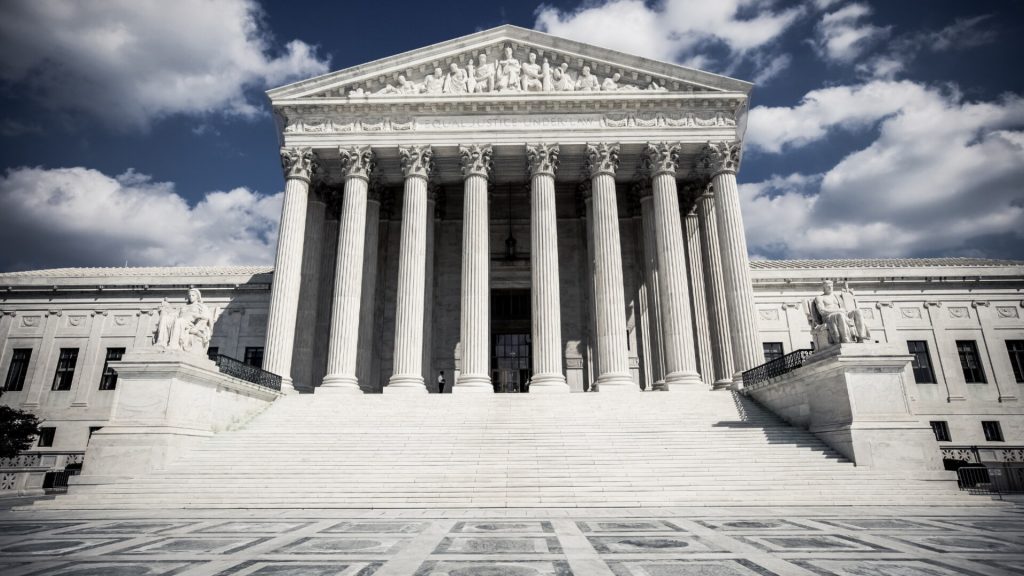
While they allowed it to take effect, the SCOTUS failed to determine the unconstitutionality of the law. Instead, they sent the matter back down to the Fifth Circuit Court of Appeals for further debate.
March 20: Appeals Court Blocks Migrant Arrest Law
The law took effect on March 19, but it was only in effect for a few hours before the Fifth Circuit Court of Appeals blocked it (again) – suspending enforcement while it considered the latest appeal.

“This is the first time it seems to me that a state has claimed that they have the right to remove illegal aliens. I mean, this is not something that, a power that, historically, has been exercised by states, has it?” said Chief Judge Priscilla Richman.
March 27: Appeals Court Continues To Block SB4
That brings us to today. On March 27, the Fifth Circuit Court of Appeals held yet another hearing – but stopped short of ruling on the constitutionality of the law. Instead, they decided to extend the suspension until further notice.

“The State is forever helpless: Texas can do nothing because Congress apparently did everything, yet federal non-enforcement means Congress’s everything is nothing,” wrote Circuit Judge Andrew Oldham – the only judge of the three-judge panel to vote against the suspension.
What Is The Biden Administration Arguing?
On one hand, the Biden Administration and Justice Department are arguing that the immigration law clearly violates federal authority and goes against their constitutional rights – claiming that immigration policy and law enforcement are exclusive functions of the federal government.
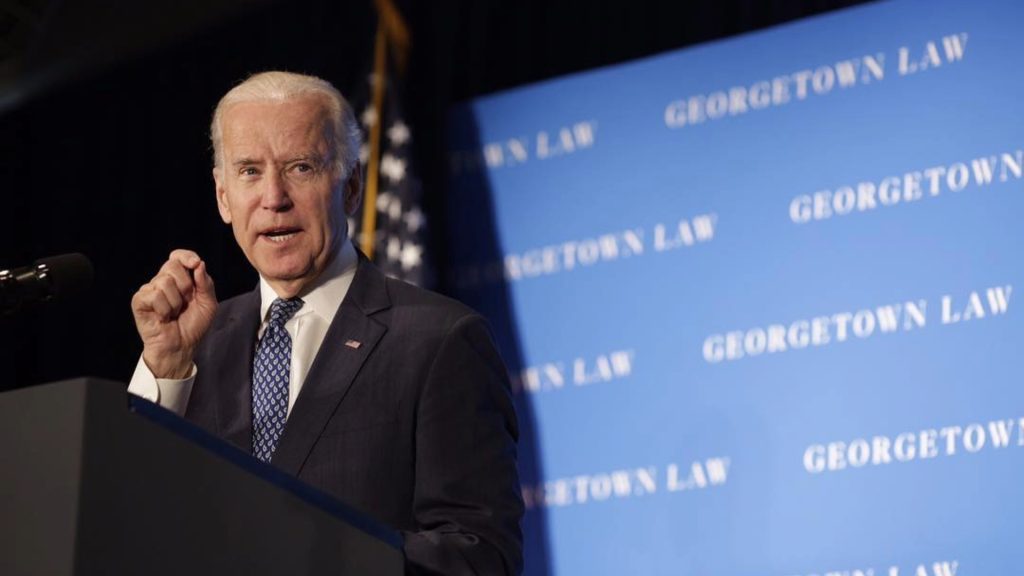
They’re also likening the case to the 2012 Supreme Court decision Arizona vs. United States – which tried to give law enforcement the right to check immigration status and arrest those who are in the country illegally. The Supreme Court ruled 5-3 in favor of the federal government.
What Is Texas Arguing?
On the other hand, Texas is arguing that the Biden Administration hasn’t done enough (if anything) to help solve the border crisis. Instead, they’ve left Texas on their own as a record number of illegal immigrants enter the country daily.
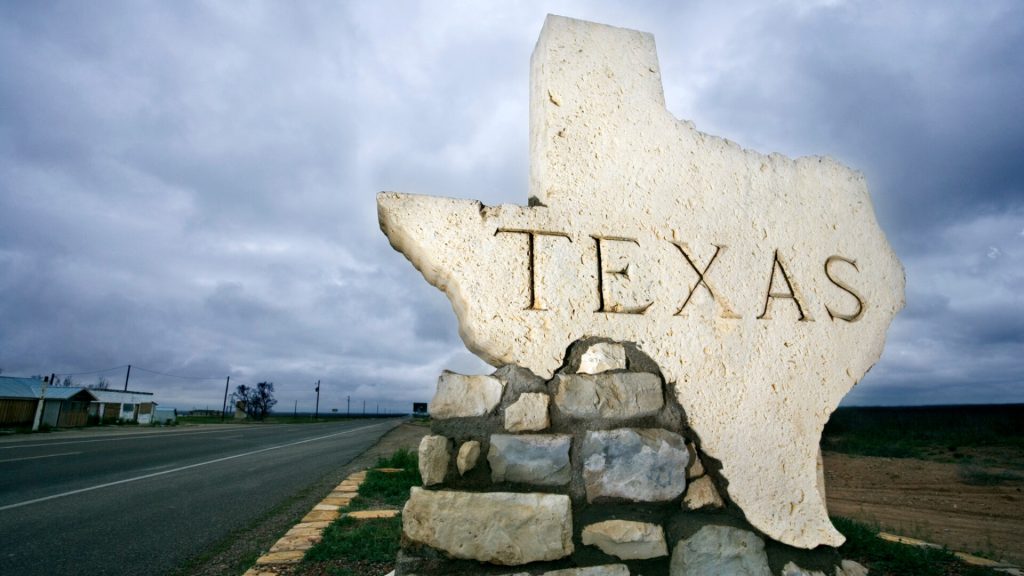
“S.B. 4 is a modest but important statute,” Texas Solicitor General Aaron Nielson told the judges during the hearing. “It’s modest because it mirrors federal law. It’s important because it helps address what even the president has called a border crisis.”
Sheriff Thaddeus Cleveland Says No Practical Way To Enforce It
SB4 was only in effect for a few hours and no arrests were made during that time, but that might be because there’s no practical way to enforce it – at least that’s what Sheriff Thaddeus Cleveland of Terrell County claims.

The primary issue? Transportation. “We don’t have a van that we can use to transport people in,” Cleveland said – noting that their county jail only has space for seven people and ‘the closest port of entry is a drive of more than 2.5 hours away.
Sheriff Larry Smith Says Law Won’t Have Much Effect On Him
You also have to take into account that some areas in Texas don’t see a lot of immigrant activity. For some law enforcement officers, the new immigration law won’t really affect how they work, so it doesn’t make sense to waste time on it.

“You have to be able to prove they came across the border illegally. And unfortunately, you can’t do that this far into the state of Texas without violating some of their rights,” said Smith County Sheriff Larry Smith, president of the Texas Sheriff’s Association.
What Happens Next?
At this point, Texas is waiting for the Fifth Circuit Court of Appeals to continue (and finish) its arguments, which are largely focused on whether the law violates the US Constitution.

Until then, the law won’t take effect, and illegal immigrants can’t be arrested based on suspicion. Only time will tell how this affects the border crisis, but it’ll continue to grow worse until something is done about it.

